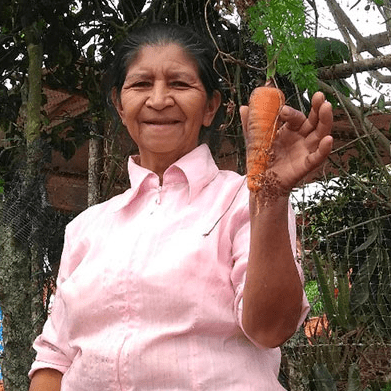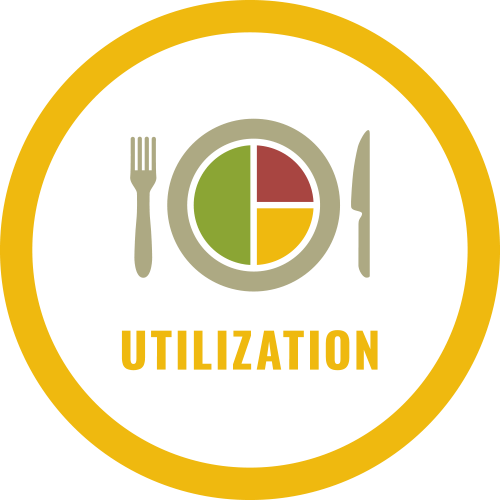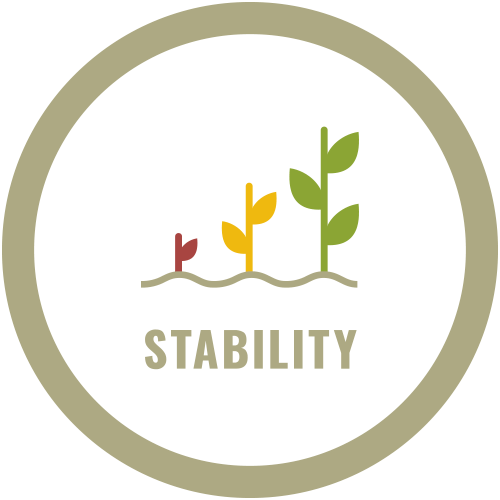Colombia:
COMEPCAFE
Revitalizing traditional crops and recipes, developing strong local food systems.
Popayán, Colombia
Partner since 2016
1,400 indigenous small-scale farming families
Though our mission is “good food on the table every day for coffee-farming families,” how we get there varies, according to the challenges and priorities of each community partner. Food insecurity is caused by a range of issues, so our approach reflects the needs and goals of each partner, requiring in-depth diagnostics, community-specific strategies, and ongoing collaboration to develop effective long-term solutions, tools and training.
COMEPCAFE is a coffee cooperative in the northern mountains of Cauca, Colombia. Communities are remote and spread out. Like most coffee-farming communities, the majority of farming families here struggle with food insecurity. The cooperative has limited resources for crucial development work to overcome this problem.
We began working with COMEPCAFE in 2016, co-designing our food security program with this organization to reflect their desire to implement a variety of strategies. These included the creation of home gardens, participation in farmers’ markets, recruiting and training new community promoters and revitalizing traditional crop production and recipes.
The Opportunity
Our baseline study showed that 28% of families could not cover their basic food needs. COMPECAFE families live on an average net income from coffee of less than $1.00 per person per day, well below the Global Poverty Line of $1.90. Low income from coffee — even Fairtrade, organic coffee — paired with limited access to healthy food, typically trucked in once a week or less, has put these farmers and their families at risk for years.
The Diagnosis
Together, we identified food security strategies to be phased in over 3 years, expanding to reflect the co-op’s ability to manage the work on its own. We began with home gardens for 200 families in the Agua Negra community, then added 150 families from the Morales community. Now, these coffee farmers are producing healthy, fresh food for their families and neighbors.
Since the COVID-19 pandemic hit, COMEPCAFE families have begun to travel regularly to the city of Popayan, to donate some of their garden bounty to families in need there. They feel very lucky to be able to grow their own food.
Here’s a snapshot of the work we’re doing with COMEPCAFE:
- Educational workshops for families on food security and nutrition
- Bean and maize production
- Regular farmers markets and Traditional Food Festivals, to promote healthy, locally grown, traditional foods
- Training young community promoters to support families, so their home gardens can thrive
- Water management systems for gardens
As a result of our work, the number of families unable to cover their basic food needs has decreased from 28% to 15%. Given this success, COMEPCAFE wants to expand the program to include all 1,400 members.

COMMUNITY HIGHLIGHT
Juana Maria Pechene of Agua Negra
When the project first began, Juana Maria told us she used to have a garden, but was never able to make it reach its full potential. Thanks to the program, her garden is now thriving. It’s larger than ever and active year-round. She’s also able to save money on food purchases. What she loves most is the camaraderie she’s developed with other participating families and the feeling that she can count on her community for support.


